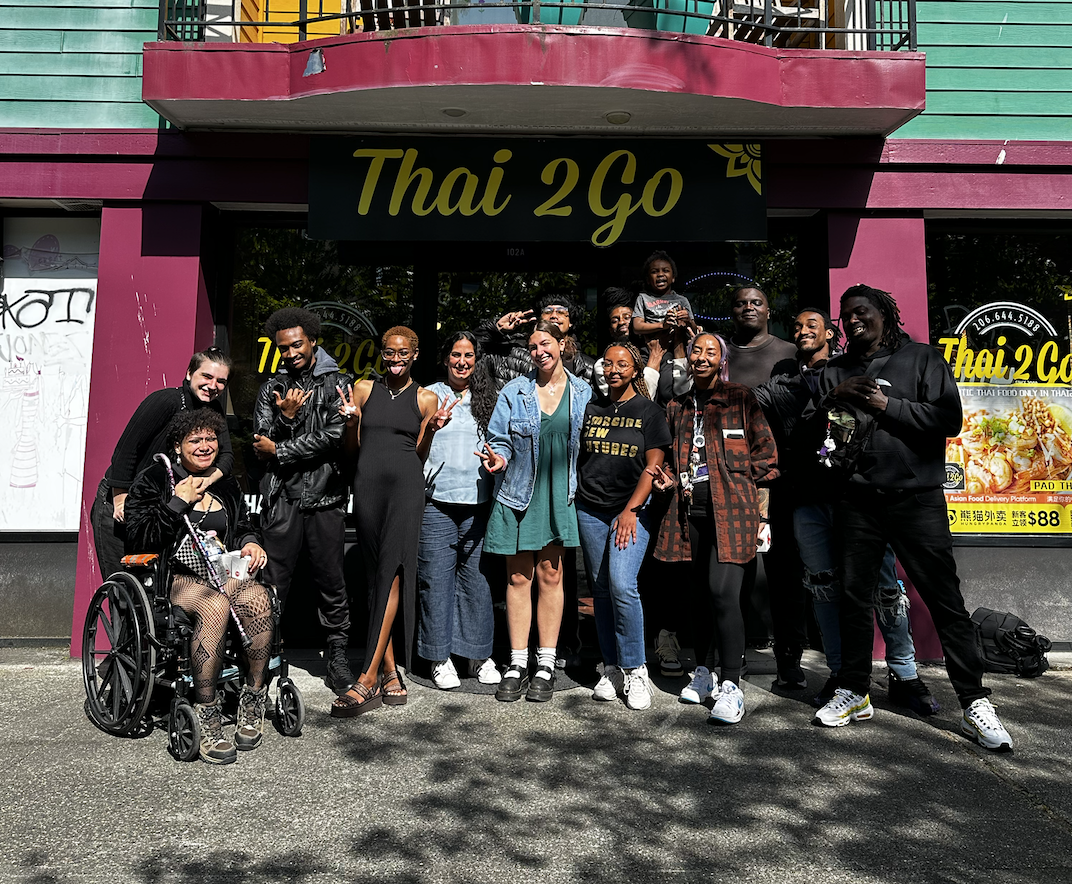Transition Age Youth Support
Overview
The Doorway Project, in collaboration with University District service providers, has received proviso funds totaling $150K for the 2021-2023 budget cycle to support a Transition Age Youth (TAY) pilot program. This initiative aims to enhance the well-being and outcomes of young people experiencing homelessness through a comprehensive and collaborative approach.
Program Design
To ensure the efficacy and success of the TAY program, we have engaged directly with Transition Aged Youth (TAY) to shape all aspects of the program. In Year 1 (2022), a planning committee comprising TAY and program staff was established to develop the program's philosophy and elements. In Year 2 (2023) , (or more famously labeled as Season 1 TAY) we launched the pilot program based on the insights gained from the planning phase. In Year 3 [2024] (Season 2 TAY), we have a cohort made of up of new TAY participants and individuals who participated in Year 2.
The program utilizes a cohort model of peer support and case management, where participants are paired with a case manager for intensive support and a TAY facilitator for mutual support groups, life skills development, and goal setting. Our approach emphasizes the utilization of lived experiences to foster growth and healing among participants.
Program Structure
-
The Doorway Project believes in paying our cohort to heal and build a level of stability as they navigate housing needs and other necessities.
-
Personalized support and connection to community resources.
-
At TAY’s biweekly meetings, participants learn life skills and practice relationship building as well as 1:1 goal setting .
-
TAY curriculum covers financial literacy, navigating community resources, social justice/advocacy, self-help and healing, and positive coping skills.
Program Outcomes
The program places a strong emphasis on addressing critical needs and fostering holistic well-being among Transition Age Youth (TAY) participants. It prioritizes accessing stable housing to meet immediate concerns and facilitate economic stability and independence. Furthermore, it focuses on enhancing participant physical and mental wellness, with the goal of improving overall well-being and life satisfaction. Through these initiatives, the program aims to support TAY participants in attaining stability, personal growth, and fulfillment.
““One of the best experiences and programs that I have been in…I learned
positive things to keep your life out of danger and am thankful for all the advice…it was [a]
great pleasure to participate and I enjoyed the meetings.””




